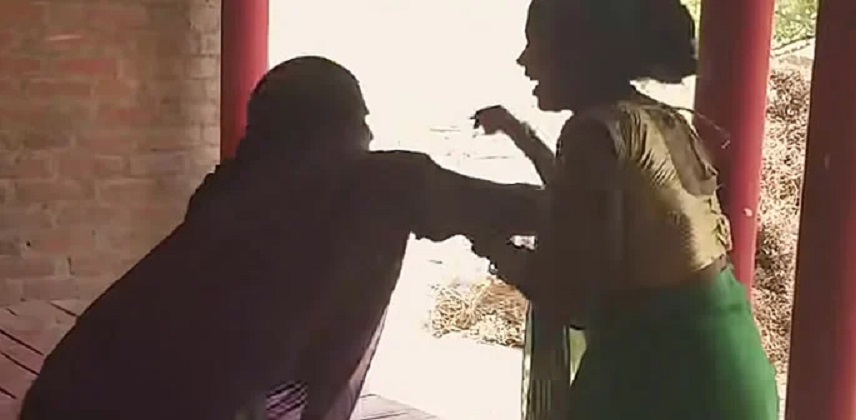
While rejecting an eviction petition filed by an elderly couple against their daughter-in-law, a Mumbai sessions court stated that senior citizens’ rights, as granted by the Maintenance and Welfare of Parents and Senior Citizens Act, ‘cannot be used as a weapon in proceedings initiated by the daughter-in-law under the provisions of the Domestic Violence (DV) Act’. After a magistrate court denied their case in August of last year, the in-laws petitioned the sessions court.
While upholding the Magistrate court’s decision, Judge KP Shrikhande stated, ‘There being no enabling provision in DV Act, conferring any rights upon the parents-in-law to evict their daughter-in-law from the shared household, I am of the view that impugned order dated Aug 12, 2021 of rejecting the application filed for evicting the daughter-in-law cannot be said to be not legal and proper and as such, no interference in the said impugned order is called for’.
The daughter-in-law had filed a criminal complaint against her in-laws and spouse in Magistrate Court under the Domestic Violence Act. Her in-laws had allegedly mistreated her. The in-laws, on the other hand, claimed that their son and daughter-in-law had a bad relationship as a result of which the son had left home and was living in a rented property.
The in-laws went on to say that the house they were living in was self-acquired property and that their son and daughter-in-law had no legal rights to it. They claimed that their daughter-in-law was mentally and emotionally tormenting them. The in-laws also claimed that the daughter-in-law threatened to create a hostile environment in the home, causing them to commit suicide and hence it was impossible for them to live peaceably in the house.
The elderly couple indicated that because their son had acquired an apartment, the daughter-in-law should leave their home and go live with him. They asked the court to evict their daughter-in-law from their home. However, the counsel for the daughter-in-law maintained that no section of the DV Act allows the elderly couple to seek orders compelling their daughter-in-law to leave the common residence.
The attorney also argued that the daughter-in-law had lived in the house with her husband and the senior couple since her marriage, and that because the house was a joint household, she had the right to dwell there, and that the petition should be dismissed.

Post Your Comments